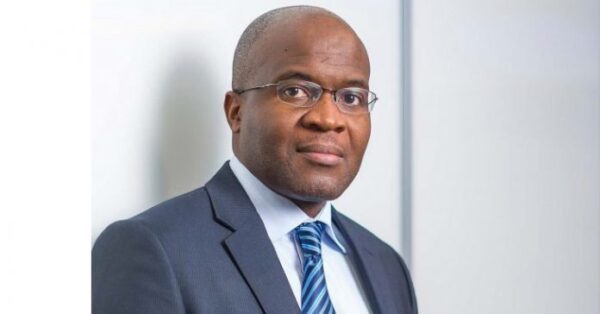THE Chamber of Mines of Zimbabwe (CoMZ) incoming president, Colin Chibafa said he was determined to work with authorities to tackle problems undermining growth in the sector.
Chibafa, the Unki Mine chief finance officer, outlined his game plan as he took over the presidency from Mimosa Mining Company corporate affairs executive Elizabeth Nerwande in Victoria Falls.
He will be deputised by Golden Reef chief executive officer Thomas Gono, who was elected first vice-president during CoMZ’s annual general meeting and conference.
John Musekiwa, the Zimasco boss, was elected second vice-president.
Chibafa spoke as President Emmerson Mnangagwa warned during the conference that time was running out for the industry to achieve ambitious targets to transform the industry into a US$12 billion sector by 2023.
Zimbabwe’s mining industry has been generating about US$2 billion per annum.
But under a plan laid out by Mines minister Winston Chitando about two years ago, the industry is expected to ramp up output to boost volumes and turnover to US$12 billion per annum.
“I will leverage on the work that the outgoing president has done,” Chibafa.
“I would like to consolidate the many gains that she (Nerwande) has made in maintaining a good relationship with government. As the incoming team, we will continue to engage with government in a collaborative manner to resolve the challenges that we face. The chamber will continue to work with the government,” added Chibafa.
Nerwande said, while significant ground had been covered in the past two years to strike a common understanding with government, several issues were still to be resolved.
“Over the past two years the chamber has worked closely with government in many areas resulting in some improvement in the operating environment,” she said.
“While there are still areas that require attention of all parties to ensure improvement and enhance competitiveness of our industry, it is safe for us to say that the stakeholders have made significant strides to find each other. We have quite a number of areas that are still outstanding (such as) the Mines and Minerals Act amendment, which is still under consideration. The same goes for the computerised mining cadastre system and completion of comprehensive mineral development. We also appeal to government to align monetary and fiscal policies and foreign currency usage and management and allow exporters to have sufficient resources to grow and sustain their businesses,” she said.
“Some of our members have experienced persistent shortages of critical imported inputs as a result of continued effects of low foreign currency retention levels. The retention levels which were increased to 70% at some point were latter reduced to 60% causing severe viability constraints,” she added.
The issue of foreign currency retention has been a hot topic in the past few years, with players warning that there will be no growth unless mines are allowed to access all their foreign currency to fund operations.
But last month, Finance minister Mthuli Ncube announced several measures to provide relief to industry.
Exporters, including miners, currently keep 60% of their foreign currency earnings in hard currency, while 40% is sold to the central bank at the official exchange rate.
But under his measures companies that export above their monthly average will be allowed to retain 80% of what they earn from the increased portion.
“In order to encourage gold production and deliveries to Fidelity Printers and Refiners (FPR), gold producers, who deliver quantities above their average monthly deliveries shall be entitled to a retention level of 80% on the incremental portion of the gold delivered to FPR,” Ncube said.
“Those companies listed on the Victoria Falls Stock Exchange will be entitled to a 100% retention level of their incremental exports,” he said, noting that the sweeteners were targeted to “encourage listing and participation of
firms on the Victoria Falls Stock Exchange and Victoria Falls Offshore Financial Centre”.





